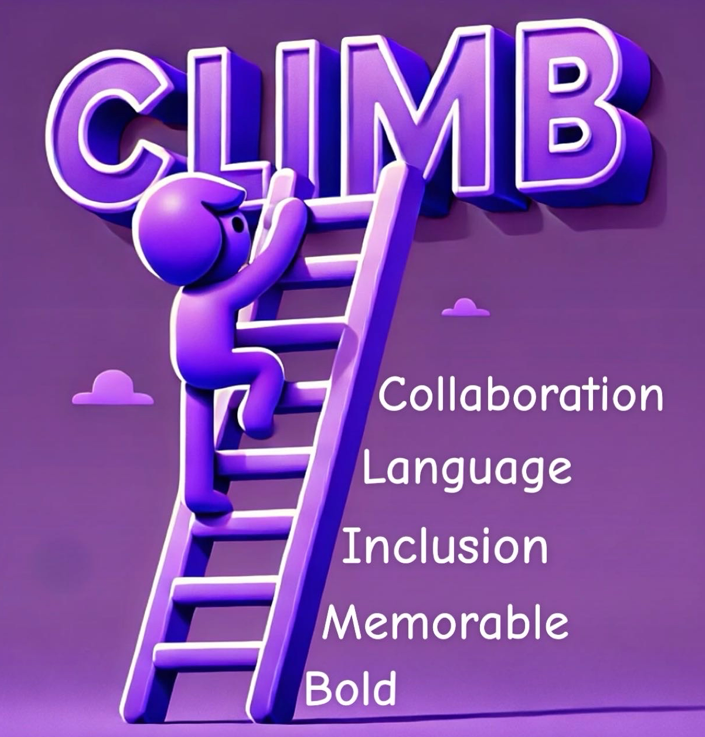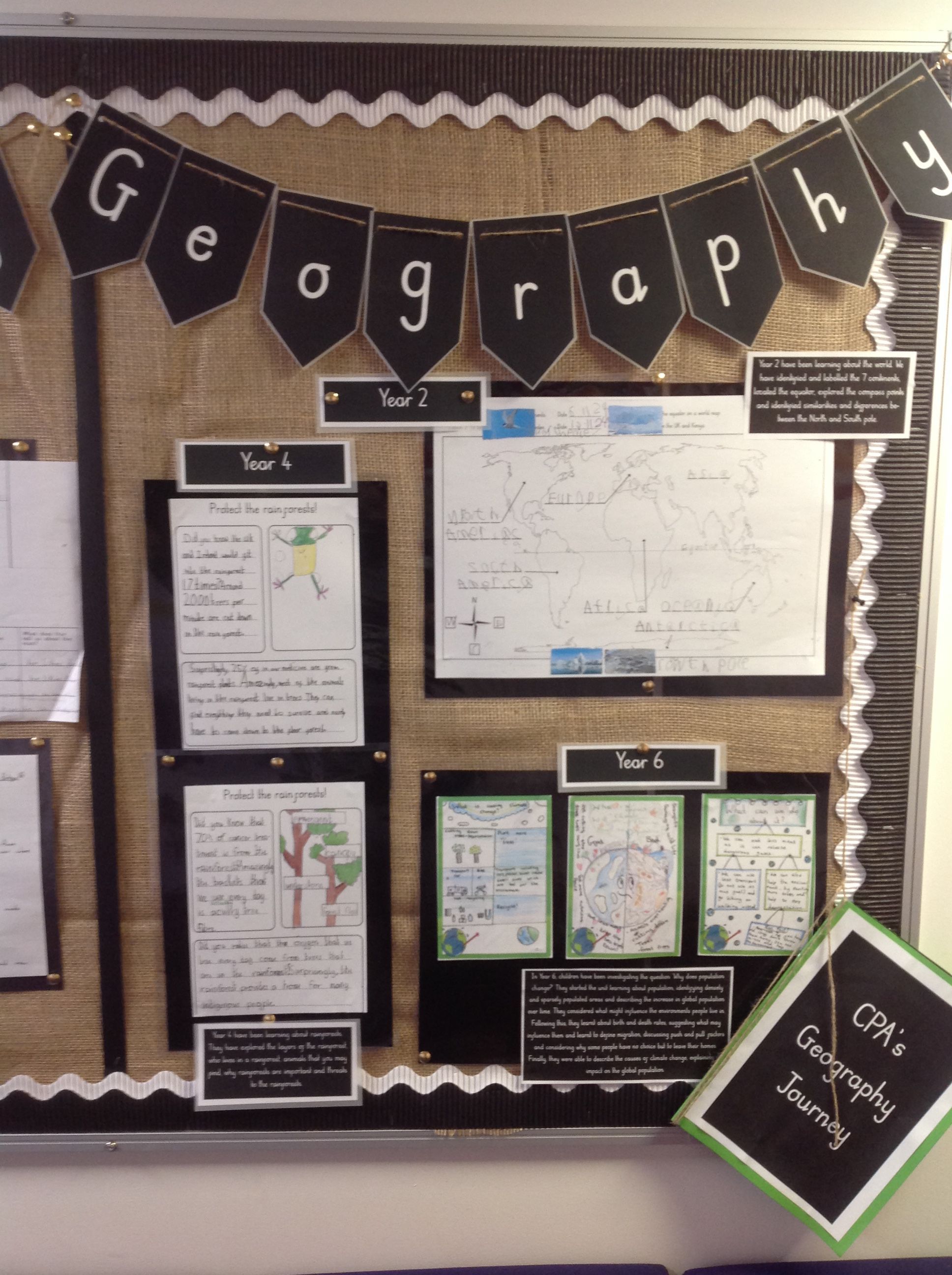Geography
Subject Leader: Jemma Wallace

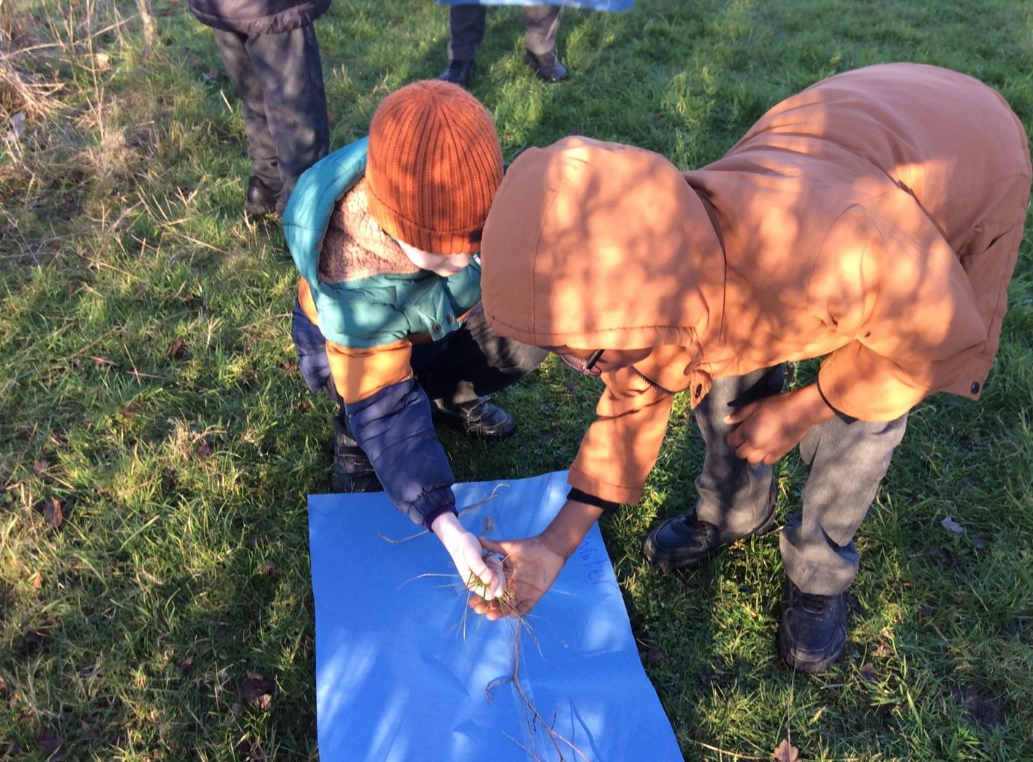
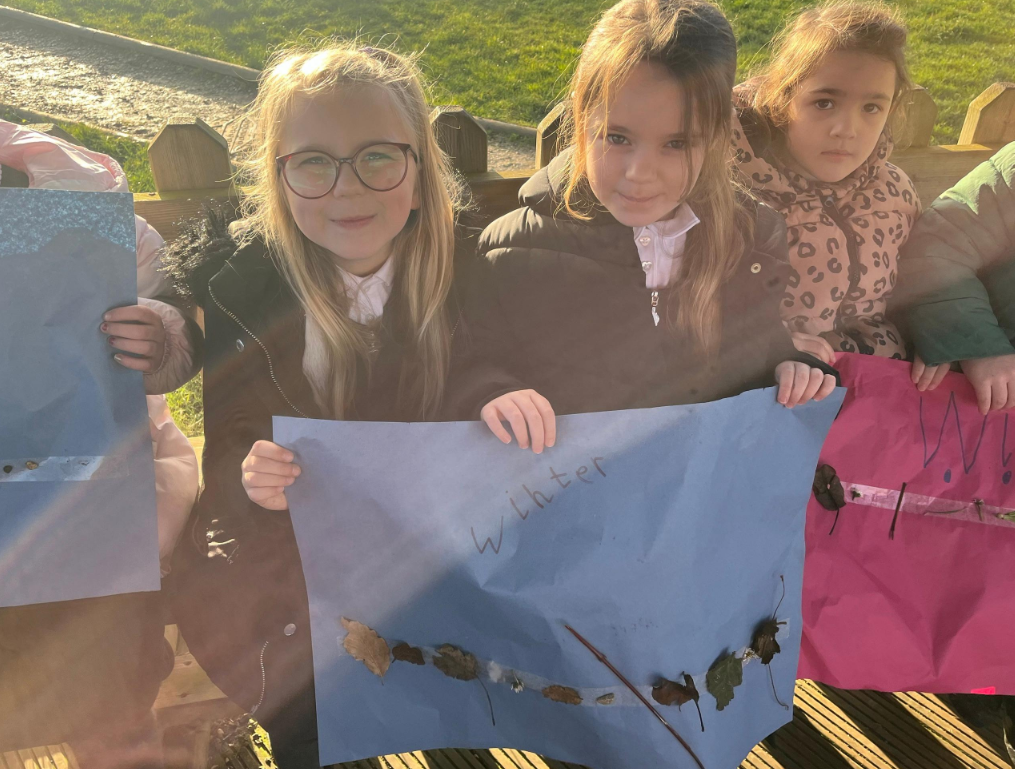
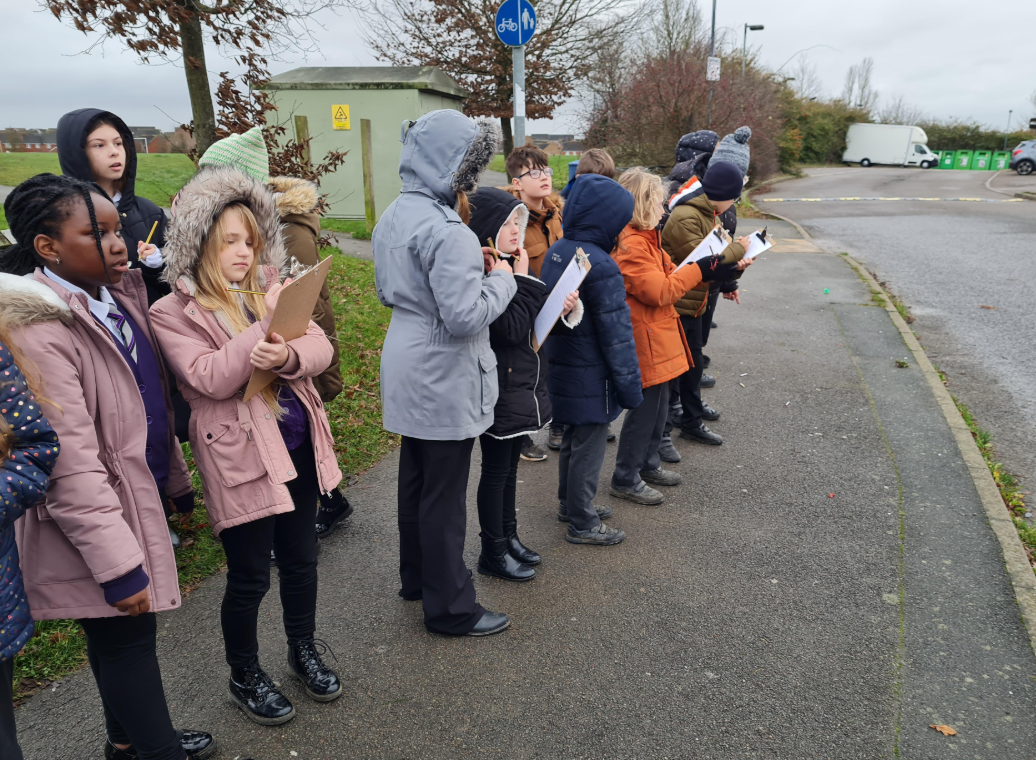
Intent:
At Corby Primary Academy, Geography inspires a curiosity and fascination about the world and its people, fostering a lifelong interest. From the Early Years, pupils work collaboratively to explore geographical concepts, developing their understanding through discussion, group tasks, and shared enquiry. Our curriculum immerses pupils in rich geographical language, enabling them to articulate their understanding of places, processes, and human impact with confidence. Teachers ensure that vocabulary is embedded and used purposefully to support deeper learning and discussion. We are committed to providing an inclusive geography curriculum that reflects the diverse world we live in. Lessons are designed to be accessible and meaningful for all pupils, ensuring that every child can engage with and contribute to geographical learning, regardless of background or ability. Memorable experiences, such as fieldwork, interactive mapping, and real-world case studies, bring geography to life. These hands-on opportunities allow pupils to make meaningful connections between their learning and the world around them, fostering a sense of responsibility towards the environment and society. We encourage pupils to be bold in their geographical thinking, asking challenging questions about sustainability, human impact, and global change. By developing their ability to question, analyse, and evaluate geographical issues, we nurture responsible global citizens who are equipped to make a positive impact on their local and global communities.
Implementation:
Our Geography scheme of work aims to inspire pupils to become curious and explorative thinkers with a diverse knowledge of the world; in other words, to think like a geographer. We want pupils to develop the confidence to question and observe places, measure and record necessary data in various ways, and analyse and present their findings. Through our scheme of work, we aim to build an awareness of how Geography shapes our lives at multiple scales and over time. We hope to encourage pupils to become resourceful, active citizens who will have the skills to contribute to and improve the world around them.
Our scheme encourages:
• A strong focus on developing both geographical skills and knowledge.
• Critical thinking, with the ability to ask perceptive questions and explain and analyse evidence.
• The development of fieldwork skills across each year group.
• A deep interest and knowledge of pupils’ locality and how it differs from other areas of the world.
• A growing understanding of geographical terms and vocabulary.
The National curriculum organises the Geography attainment targets under four subheadings or strands:
• Locational knowledge
• Place knowledge
• Human and physical geography
• Geographical skills and fieldwork
Impact:
Kapow Primary’s Geography scheme has a clear progression of skills and knowledge within these four strands across each year group. Our Progression of skills and knowledge shows the skills taught within each year group and how these develop to ensure that attainment targets are securely met by the end of each key stage.
The Kapow Primary scheme is a spiral curriculum, with essential knowledge and skills revisited with increasing complexity, allowing pupils to revise and build on their previous learning. Locational knowledge, in particular, will be reviewed in each unit to coincide with our belief that this will consolidate children’s understanding of key concepts, such as scale and place, in Geography. Cross-curricular links are included throughout each unit, allowing children to make connections and apply their Geography skills to other areas of learning.
Enquiry questions form the basis for the units, meaning that pupils gain a solid understanding of geographical knowledge and skills by applying them to answer enquiry questions.
Each unit contains elements of geographical skills and fieldwork to ensure that fieldwork skills are practised as often as possible. Kapow Primary units follow an enquiry cycle that maps out the fieldwork process of question, observe, measure, record, and present, to reflect the elements mentioned in the National curriculum. This ensures children will learn how to decide on an area of enquiry, plan to measure data using a range of methods, capture the data and present it to a range of appropriate stakeholders in various formats.
Fieldwork includes smaller opportunities on the school grounds to larger-scale visits to investigate physical and human features. Developing fieldwork skills within the school environment and revisiting them in multiple units enables pupils to consolidate their understanding of various methods. It also gives children the confidence to evaluate methodologies without always having to leave the school grounds and do so within the confines of a familiar place. This makes fieldwork regular and accessible
while giving children a thorough understanding of their locality, providing a solid foundation when comparing it with other places.

